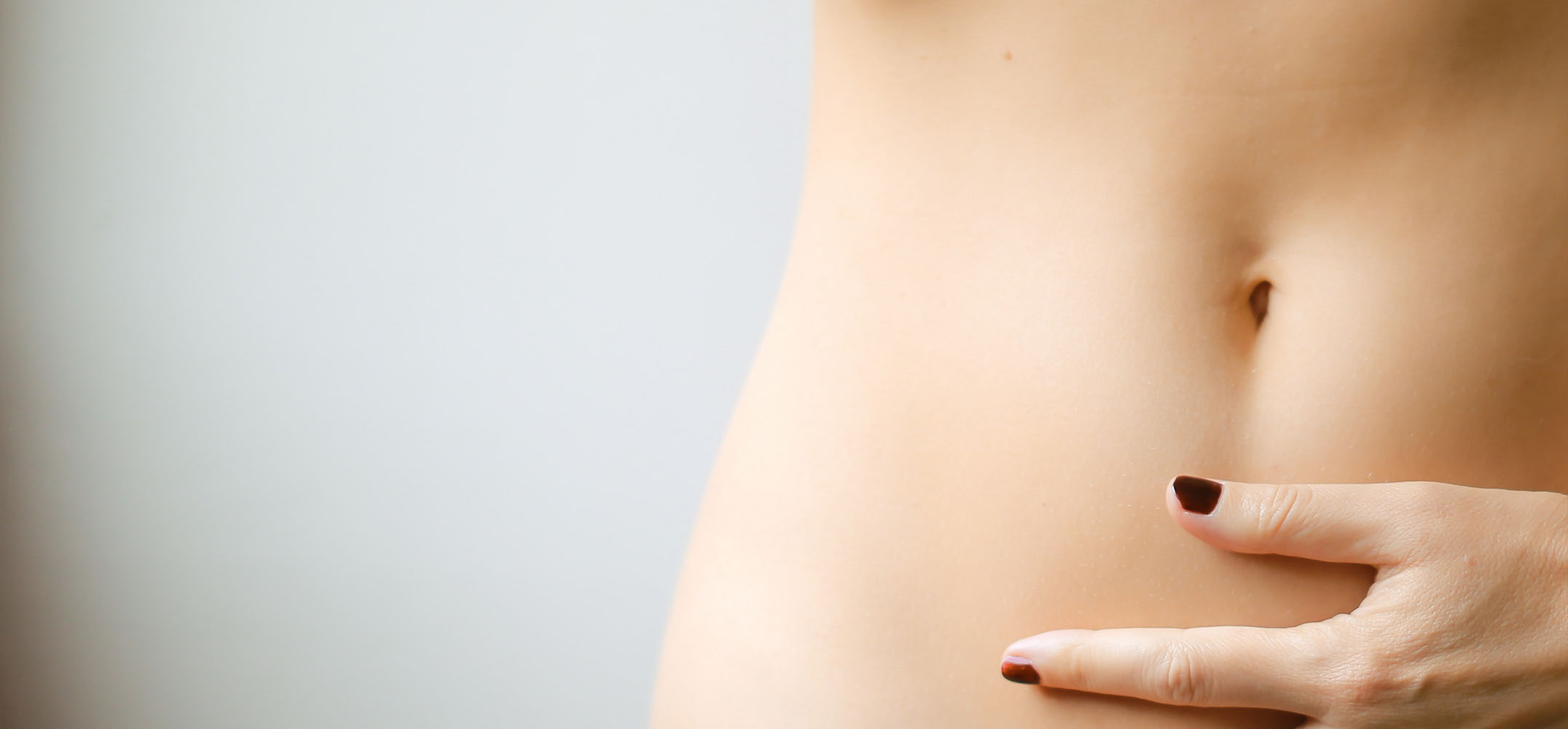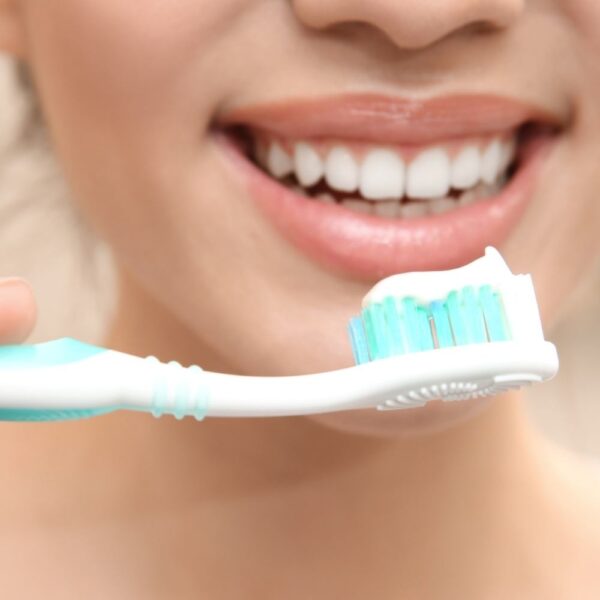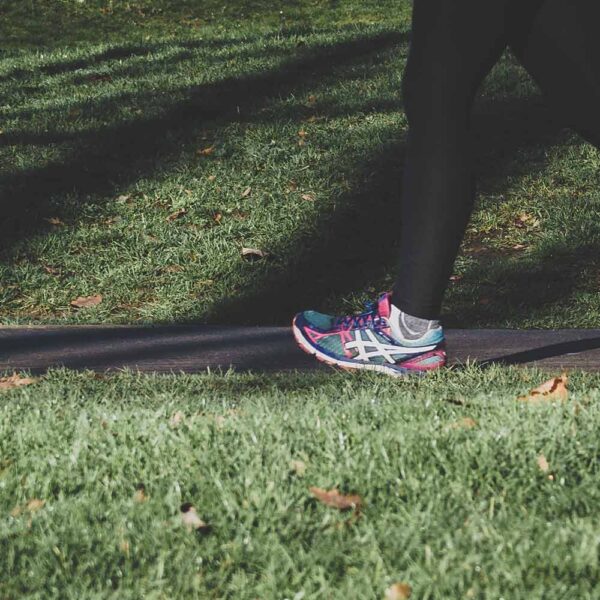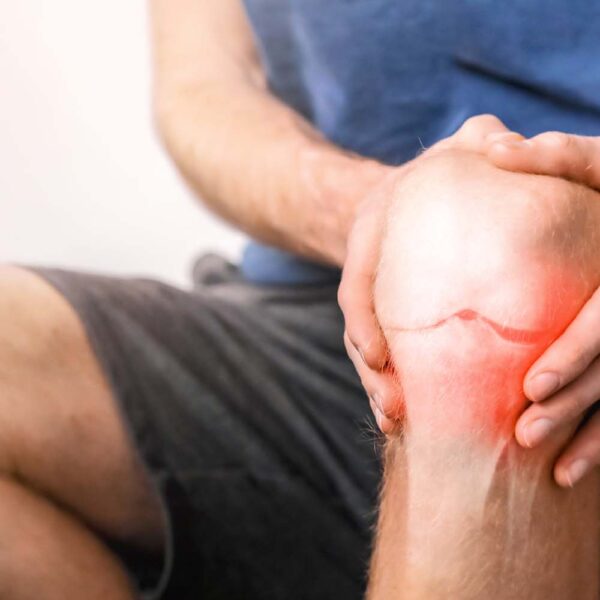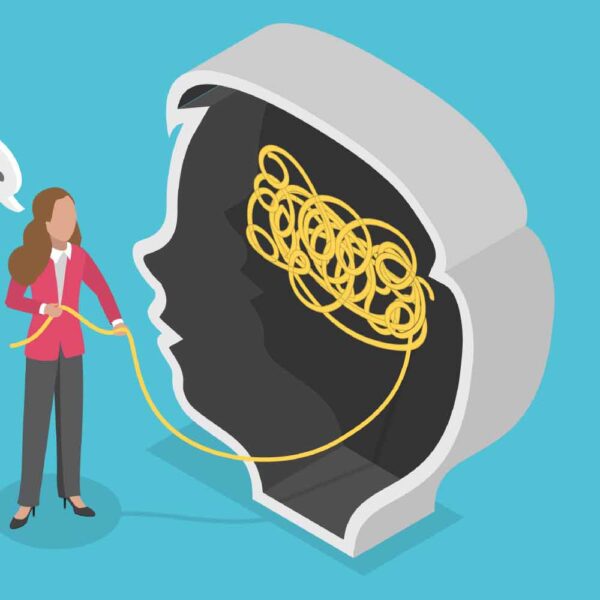Because insulin is the “gatekeeper” for glucose (allowing it into the cells for energy or storage), when it gets used correctly, ATP (the body’s energy “currency”) is produced by the body. When it is stored it gets stored as fat. We need insulin, but not as much as some of us pump out due to high-carb lifestyles, as this leads to insulin resistance, your cells stop hearing the ‘signal’ and become desensitised to it, and you start to experience damage to your heart, blood vessels, kidneys etc – essentially the same problems a diabetic with too much insulin faces. And to make it worse, staying on this slippery slope eventually leads to diabetes very often with all the complications and misery it brings.
The opposite or antidote to insulin is human growth hormone (HGH). It’s what allows children to grow up to their full height and it also helps with muscle repair, and it’s very anti-ageing too. HGH tells the liver to produce an insulin-like messenger called Growth Factor #1 (IGF-1). It’s an anti-inflammatory agent, stimulates growth of muscles and bones and is generally very helpful all round. When it drops too low inflammation can result – low levels are found in Fibromyalgia implying that in part the pain may occur as the muscles are not repairing themselves at a fast enough rate. When insulin is raised, HGH and IGF-1 are low – and vice versa.
So here’s what you do NOT want to do: raise insulin and have low levels of HGH & IGF-1.
You do this by:
- Being too stressed – this means high levels of cortisol which in turn mobilises glucose from the liver. This triggers insulin and lowers HGH.
- Being a ‘sugar baby’ – too much sugar in the diet really REALLY is bad news. I’d go so far as to say any sugar in the diet – period – is bad news. It spikes glucose, which then spikes insulin and lowers HGH. The result is poor glucose regulation and insulin resistance.
The Takeaway:
You actually are wanting to lower your insulin, raise HGH naturally together with IGF-1. This way you will have excellent muscle mass and be able to repair muscle damage especially after exercise.
Here’s what you need to do:
- Cut the carbs to lower your blood sugar.
- Stop snacking between meals, and allow a good 4-5 hours between meals. When insulin drops, HGH rises.
- Eat enough animal protein – don’t be afraid of it. It not only stabilises glucose levels but serves as the building blocks for cellular growth, and directly raises IGF-1 levels.
- Get enough sleep. HGH is released in deep sleep, and part of the reason why those with fibromyalgia is linked with sleep disorder – it’s a lack of HGH, and therefore inadequate muscle repair. HGH declines in the morning as cortisol rises.
- Get sensible exercise – especially resistance exercise which raises HGH, just don’t overdo it.
- Make sure you have enough zinc, magnesium citrate and selenium – these are directly correlated with IGF-1 activity – if these levels are too low, supplementation will encourage HGH and IGF-1 levels.

